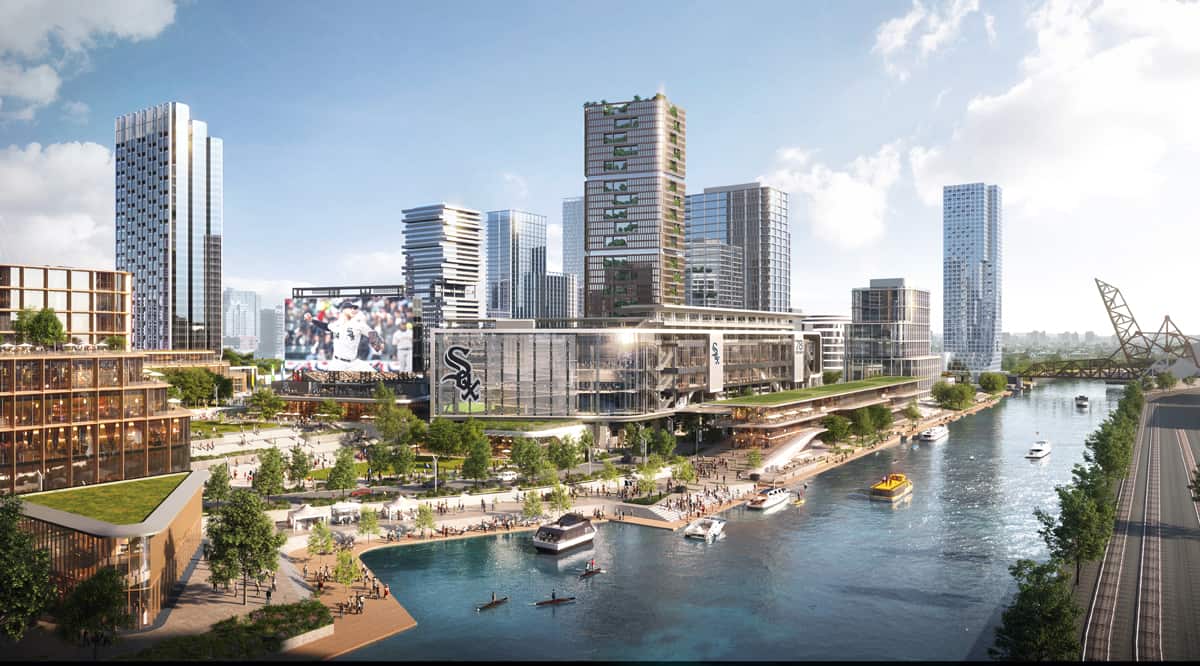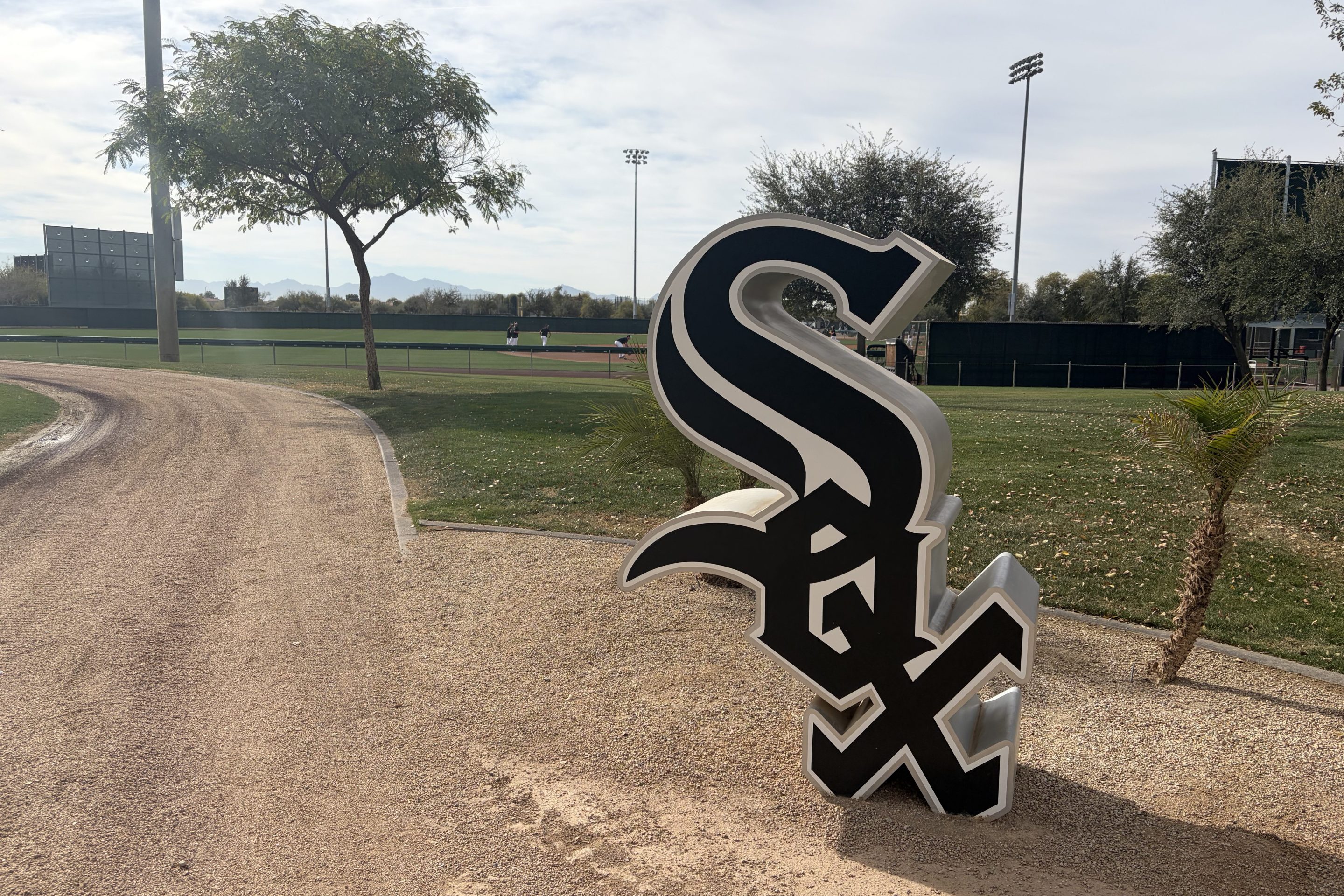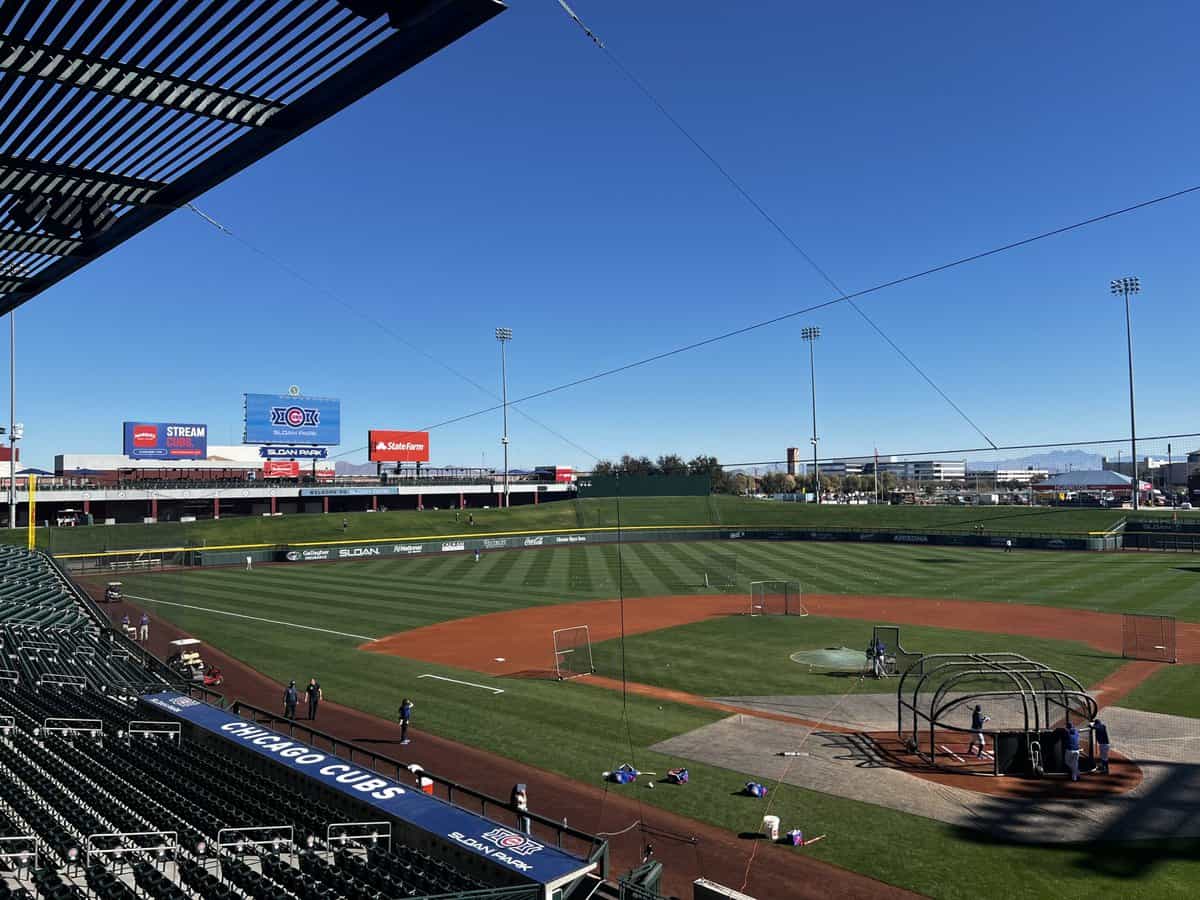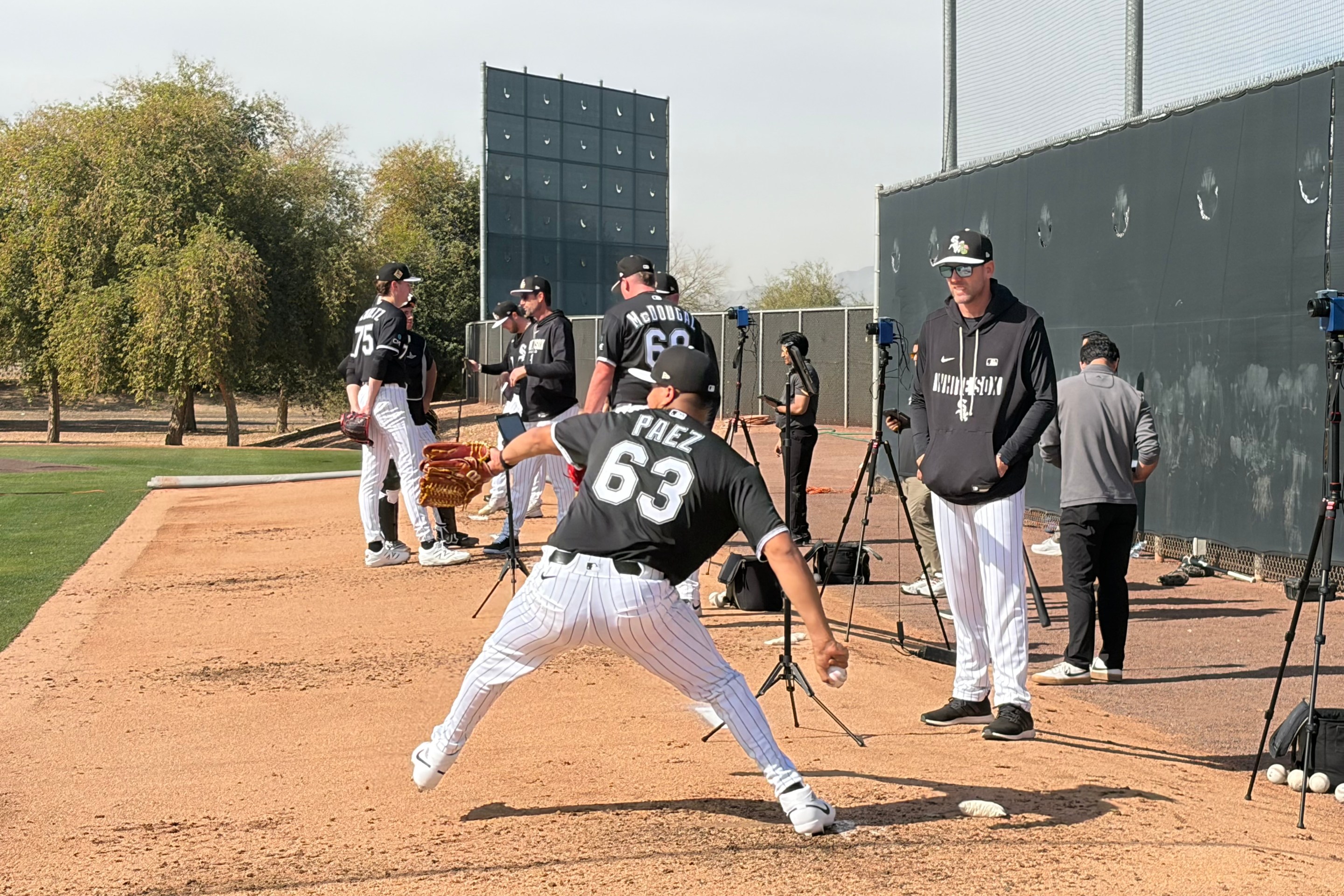The twists and turns of Related Midwest’s Project 78 vision continue.
On Friday morning, Crain’s Chicago Business reported that the University of Illinois is going in a different direction with the planned Discovery Partners Institute. Instead of building and essentially kicking off construction for the South Loop site, the University is now separating the institute between a facility at a former U.S. Steel plant on Chicago’s Far South Side, and their offices downtown.
While losing the Discovery Partners Institute is a blow to Project 78, Related Midwest has found a possible new partner in Chicago Fire owner Joe Mansueto.
Speaking with The Athletic, Mansueto has unveiled his plans to move the Major League Soccer club from Soldier Field to a soccer-specific stadium. This would be the second major move for the Fire, as Mansueto has already paid a considerable amount to leave Bridgeview. There are three locations the Fire have already scouted:
- The former Michael Reese Hospital in Bronzeville
- Lincoln Yards
- Related Midwest’s Project 78
Mansueto has admitted there are “pros and cons” with each site for a new stadium, but scouting the Project 78 site while Related Midwest and the White Sox have built a baseball field to entice politicians to provide public funding is a curious development. The initial renderings of Project 78 seemed to be very compact, with the Discovery Partners Institute, a new White Sox stadium, and a housing complex to complete the neighborhood feel.
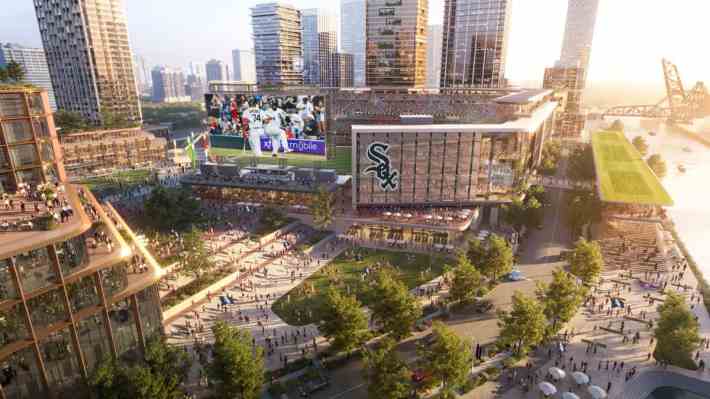
With the University of Illinois now leaving the site, Related Midwest has a new vision for Project 78. Here is their official statement and direction regarding the empty 62-acre lot.
While we were disappointed to learn of DPI’s decision to exit The 78, its departure opens up opportunities for new partnerships and site configurations, including the current DPI parcel, that were not possible under the previous plan.
Given its proximity to downtown, adjacency to the river and flexibility to accommodate a wide range of uses, The 78 stands alone in its ability to house large institutions that want to plant their flag in the heart of Chicago. We are actively exploring the co-location of dual stadiums for the Chicago White Sox and Chicago Fire, two organizations whose presence at The 78 would align with our vision of creating Chicago’s next great neighborhood.
Having dual stadiums next to each other is nothing new in major U.S. cities. Philadelphia's Sports Complex Special Services District is well regarded for having Citizens Bank Park, Lincoln Financial Field, and Wells Fargo Center next to one another. All three facilities take advantage of the available parking lots and other amenities, such as the Xfinity Live Entertainment Center. The Fire and White Sox coexisting together in the South Loop as neighbors is something people involved believe will boost the vitality of Project 78, with the Sox as the anchor tenant.
What couldn't be more different is Mansueto's and Reinsdorf's mindsets regarding how their respective new stadiums should be funded.
In light of Chicago's budget issues -- a $982.4 million gap that forced Mayor Brandon Johnson to delay his budget address to Oct. 30 -- public money is again a contentious talking point. Reinsdorf is still seeking a tax overlay district surrounding a new stadium, a 2% hotel occupancy tax claim, and an extension of the Illinois Sports Facilities Authority bonds to make a new White Sox home a reality. In February, Illinois governor J.B. Pritzker said he was reluctant to embrace such a plan: "Unless a case is made that the investment yields a long-term return for the taxpayers that we can justify in some way. I haven't seen that."
Meanwhile, Mansueto has an entirely different approach. With deep pockets and reported net worth of $7.1 billion, he's willing to privately finance a new stadium, citing Chicago's current financial issues.
“My personal view is that stadiums are not a great investment,” Mansueto said. “They’re big, costly to maintain, sit empty most of the time. And so to the extent that they create value, most of that accrues to the sports team, not the municipality. So to me, it’s fair that the sports team should own it. Moreover, here in Illinois, in the City of Chicago, our finances are strained. Teachers want more money, law enforcement needs money, pension obligations. Our city and state don’t have the funds, to be candid, and so to me, we would privately finance it.”
It's worth noting The Fire would be building a significantly smaller stadium than the White Sox. The original Lincoln Yards plans back in 2018 from Sterling Bay had designs of a 20,000-seat soccer stadium. That was back when the intention was to lure a United Soccer League franchise to compete for attention with the Fire. In 2019, those plans were rejected by 2nd Ward Alderman Brian Hopkins as there wasn’t enough community support.
Geodis Park in Nashville is the largest soccer-centric U.S. stadium in the MLS at a 30,000-seat capacity (Toronto’s BMO Field seats close to 31,000). The construction cost was around $335 million for Geodis Park, a little more than one-third of the project cost of a new White Sox South Loop stadium.
The Fire are in the very early exploration stage of a finding new home, but Mansueto’s pursuit would be aided by the fact that Related Midwest already has the land and available space with Discovery Partners Institute leaving, offering a considerable advantage over Lincoln Yards and Michael Reese Hospital site.
Getting Pritzker’s buy-in has already proven to be a gigantic roadblock for Reinsdorf, but now the governor can leverage Mansueto and, to a certain extent, what the Ricketts family achieved in Wrigleyville in rebuffing any attempt in a publicly financed new White Sox home. If the Fire can privately finance a new stadium, why can’t the White Sox?
That answer is simple from a White Sox point of view: Mansueto has more money. Time will tell if he will spend it on the Project 78 site and start digging in Related Midwest's sandbox while Reinsdorf waits for better political and financial situations. Until then, Project 78 will remain a mostly empty 62-acre lot with a random baseball field.
